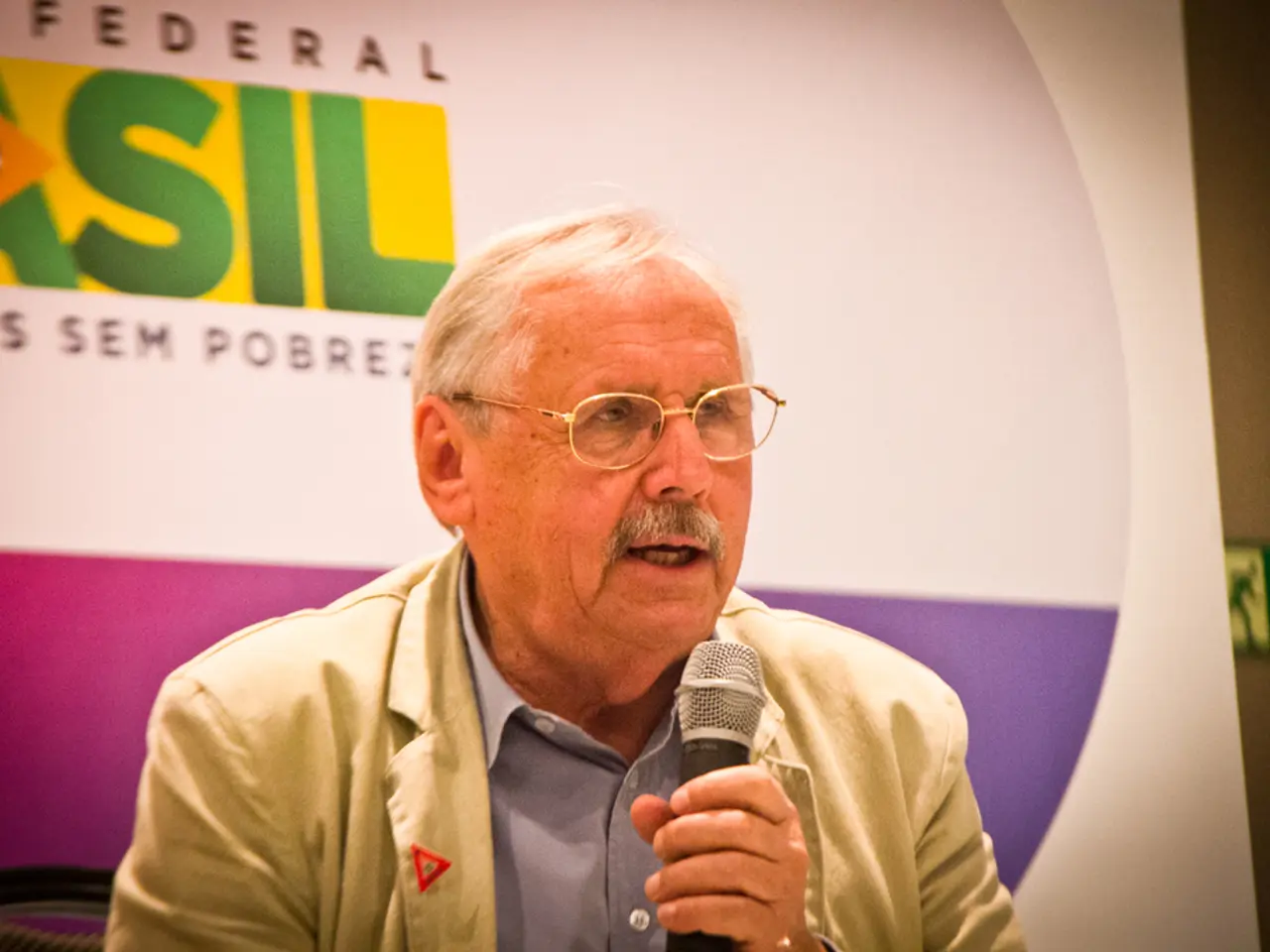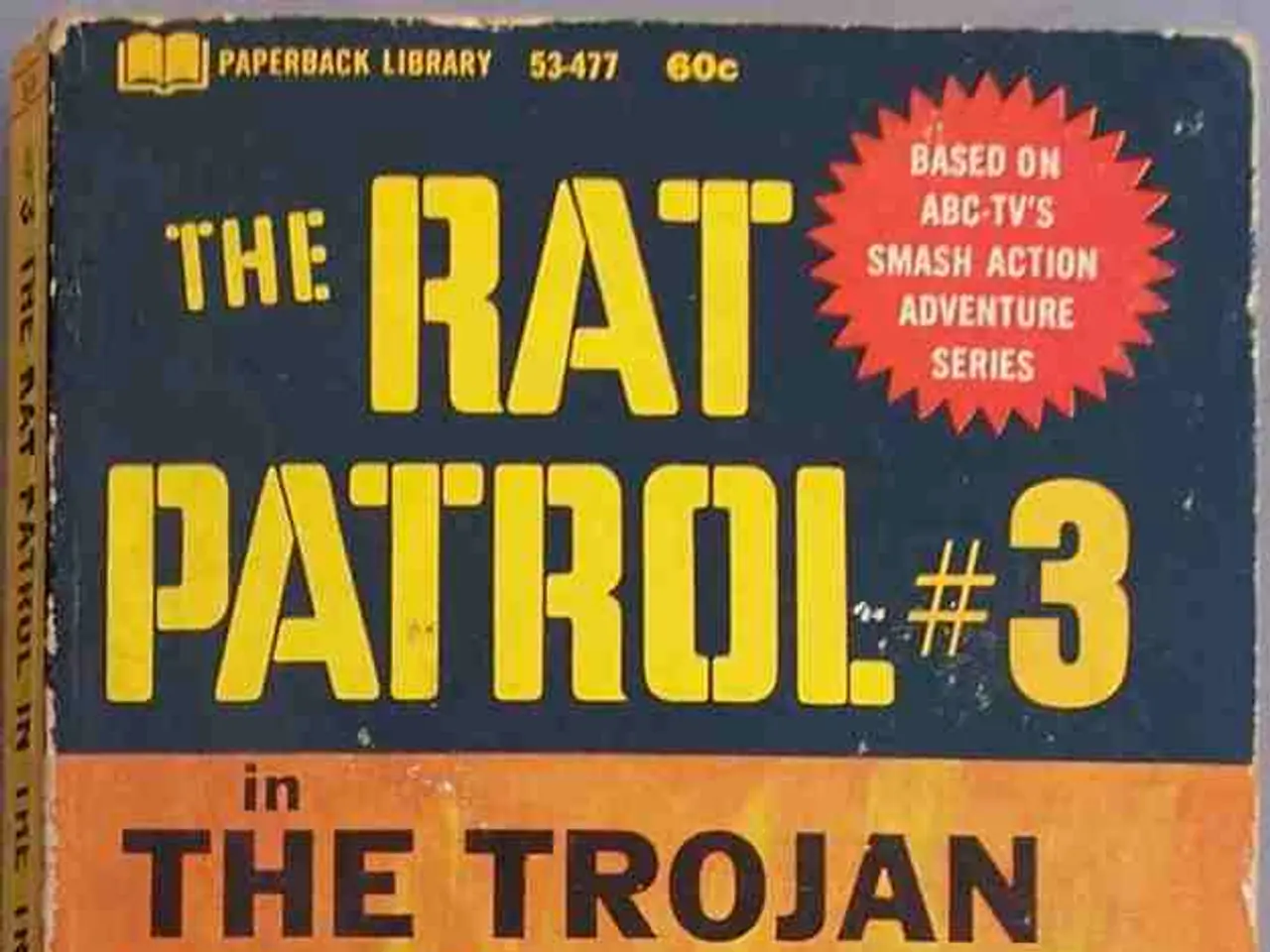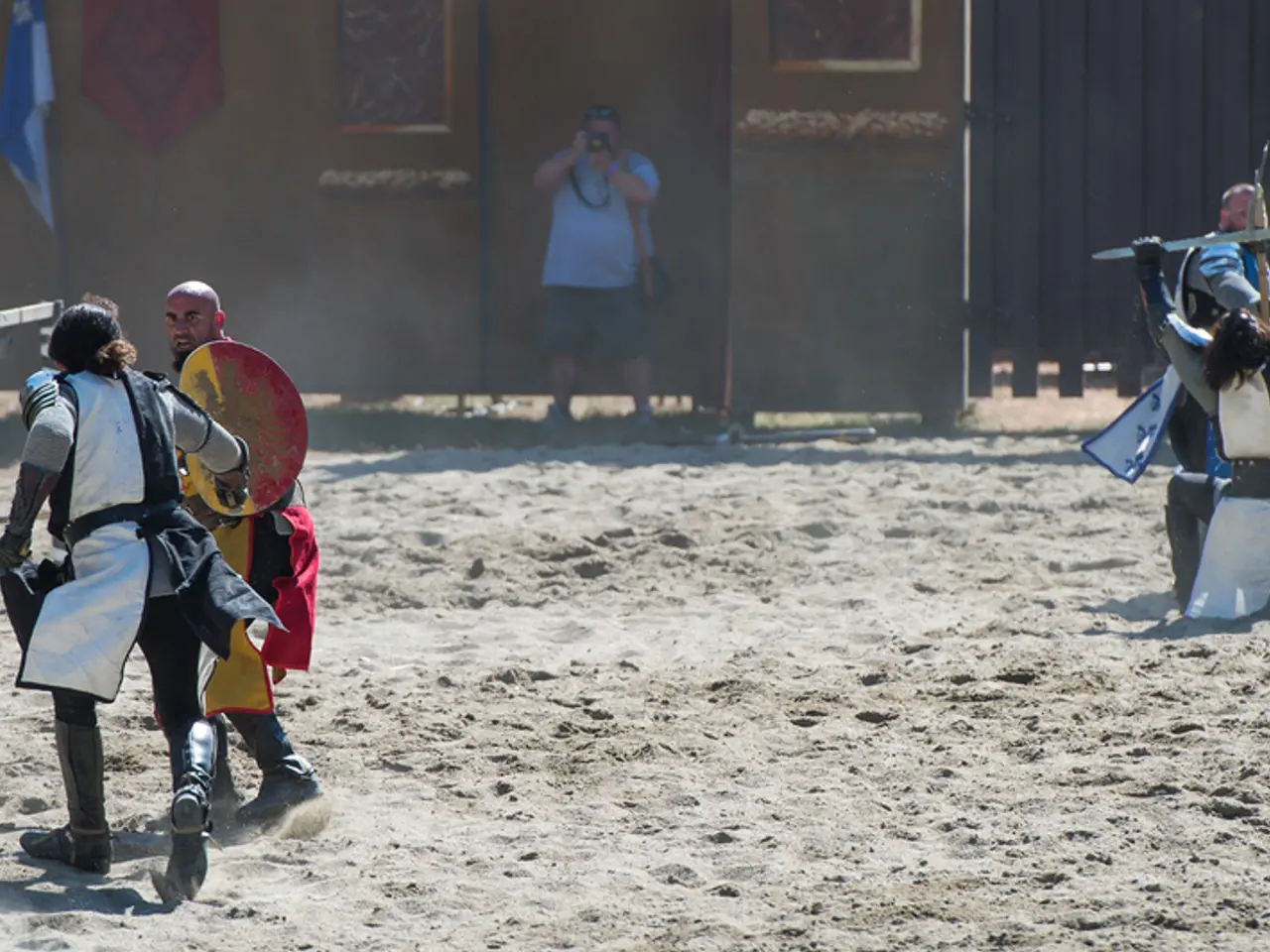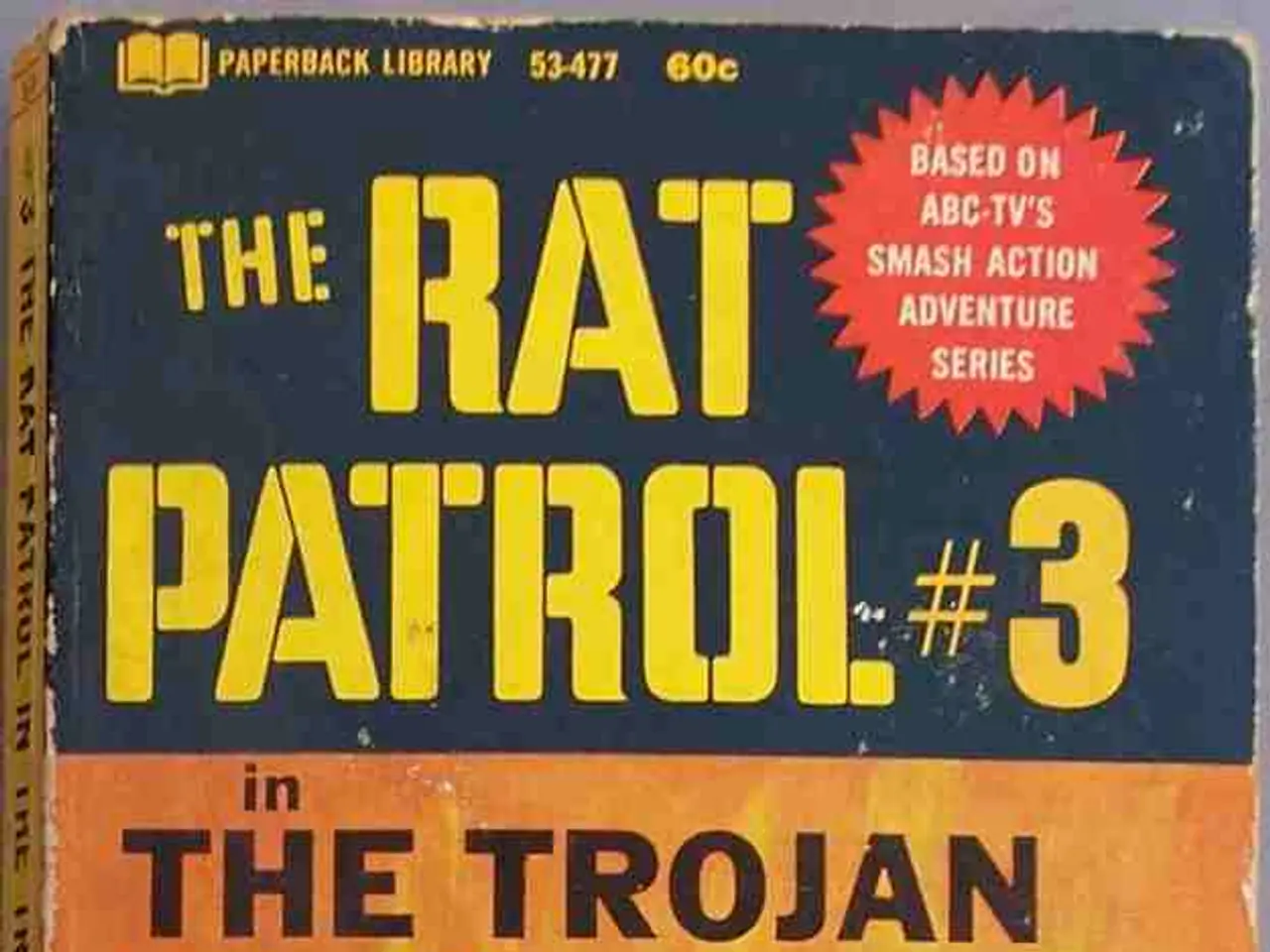International tensions have escalated, intensifying Russia's seclusion in global diplomatic circles due to its involvement in the ongoing conflict between Israel and Iran.
As the NATO summit kicked off on Tuesday, June 24, in The Hague (Netherlands), Russia finds itself on the sidelines, a role it's not particularly fond of. Dmitri Peskov, the Kremlin's spokesperson, slammed the Alliance for its alleged reckless militarization, branding it as a organization built for confrontation rather than peace. He argued that NATO is reducing Russia to a fearsome specter to justify increased military spending. "It's a war-mongering alliance," he spat out at a press briefing on June 24, critiquing the ambition of NATO member states to allocate 5% of their GDP to defense, a goal set by Donald Trump. The American president remained tight-lipped about the Russian criticisms during his journey to The Hague. Instead of the past praises showered on his "pal" Vladimir Putin, Trump ridiculed the Russian president. "Yeah, Vlad called me," he shared on the plane. "He asked if he could help with Iran. I said, 'Nah, I don't need help with Iran. I need help with you yourself.'"
In the wake of the "12-day war" between Israel and Iran, questions abound, with few definitive answers. For Trump, this is a tactic to push back against Putin's invasion of Ukraine, despite four months of ceasefire talks that have resulted in no concrete outcomes. In recent weeks, the American president has leveled numerous criticisms against the Kremlin chief. Towards the end of May, following a series of Ukrainian bombings, he declared publicly that Putin had "lost it." He expressed his anger and fury over the brutality of the Russian attacks despite negotiations for a ceasefire ongoing. He also did not hide his frustration with the lack of concessions from Moscow and the repetition of Russian attacks.
Insight: NATO-Russia relations have hit a historic low since the Cold War ended, mainly due to Russia's 2022 invasion of Ukraine and its subsequent military actions in the region. As a result, NATO has declared Russia a direct threat to Euro-Atlantic security and effectively halted the NATO-Russia Council[3]. At the June 2025 NATO summit, influenced by Trump's criticisms, NATO allies toned down their public support for Ukraine's NATO membership and abstained from explicit condemnations of Russia. This strategy aimed to keep Trump aligned with the alliance and prevent provoking actions that could potentially ignite a wider war[2][4]. Trump's skepticism about Ukraine joining NATO continues to shape alliance discourse, with past summits affirming Ukraine's future membership but the current U.S. stance under Trump's influence avoiding such affirmations to steer clear of direct confrontation with Russia[4]. NATO remains watchful for Russian hybrid warfare tactics such as sabotage, cyberattacks, assassination plots, and disinformation campaigns aimed at destabilizing NATO members and disrupting support for Ukraine[3].
In the context of the contemporary politics and general news, NATO allies at the June 2025 summit muted their public endorsement of Ukraine's NATO membership, a gesture aimed at placating President Trump and preventing escalation in the war-and-conflicts zone, particularly concerning Russia's defense capabilities. The Trump administration's skepticism towards Ukraine's NATO membership remains a significant factor in shaping alliance discourse, which emphasizes the need for caution to avoid provoking Russia.







